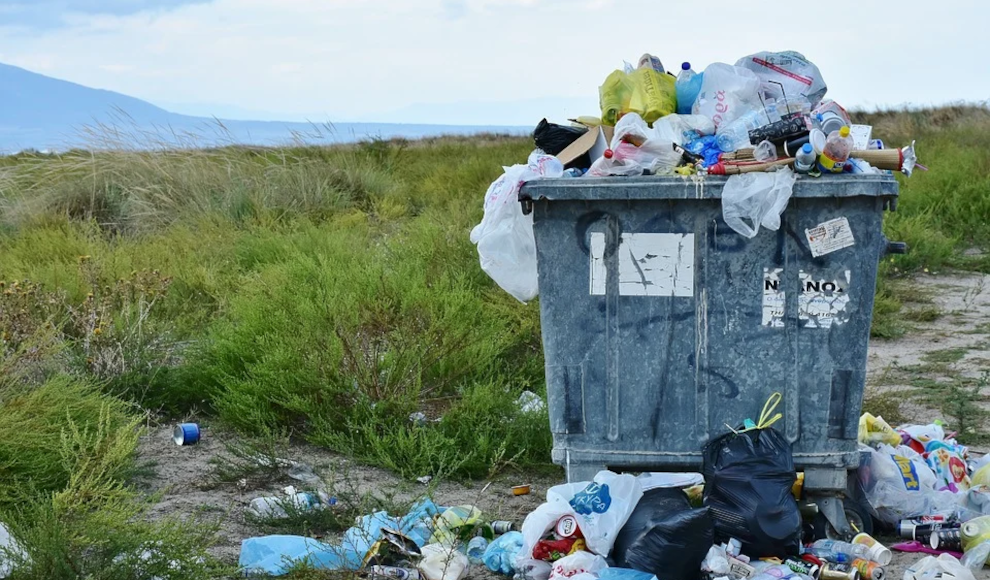In a groundbreaking discovery, scientists at the University of Austin have modified a natural enzyme that allows bacteria to break down the commonly used plastic, PET, in record time. This could potentially solve the plastic waste problem that has been plaguing the world for years. Currently, only about 10% of plastic waste is recycled globally, with the rest being either dumped or burned, which is not only expensive and energy-intensive but also extremely harmful to the environment. The traditional recycling methods of Methanolysis, Glycolysis, and Pyrolysis are also expensive and energy-intensive. Therefore, scientists have been searching for biological methods to recycle plastics, where enzymes break down the products into their components. However, these enzymes could only work efficiently at high temperatures until now.
The scientists at the University of Austin have modified a natural enzyme, FAST-PETase, which allows bacteria to break down PET at a temperature of 50 degrees Celsius. This enzyme can break down PET into its basic components in just a few days, a process that would take centuries in the environment. Moreover, the bacteria can reassemble the monomers using the depolymerization process. The enzyme was discovered using artificial intelligence, which simulated various possibilities to find the best combination for rapid depolymerization at low temperatures. The enzyme was tested on 51 plastic containers and five different polyester fibers, which were broken down in record time.
Andrew Ellington from the Center for Systems and Synthetic Biology commented on the discovery, stating that “this work shows how good it is to bring together different disciplines, from synthetic biology to chemical engineering to artificial intelligence.” The scientists now plan to increase enzyme production and investigate the industrial usability of their method. They are also exploring ways to use the modified bacteria to clean up contaminated regions. This discovery could potentially revolutionize the way we deal with plastic waste and provide a sustainable solution to the plastic pollution problem.










